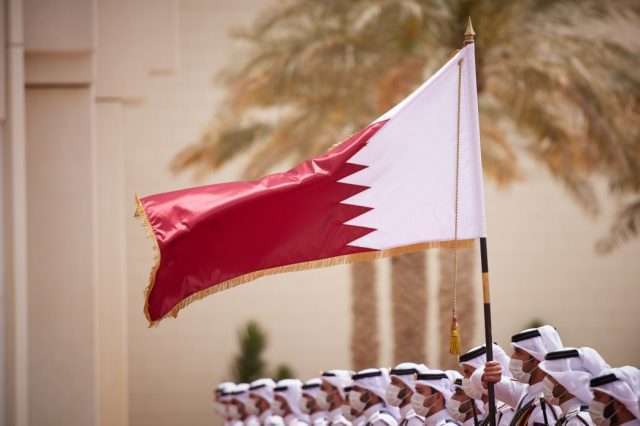
Qatar expressed interest in implementing major projects in the Republic of Turkmenistan. The Arab country aims at playing a significant role in Central Asia, trying to boost its influence and political-economic presence in Turkmenistan, a post-Soviet republic well-known for its energy resources and strategic position.
As local sources and media agencies reported, last February, the Minister of Foreign Affairs of Turkmenistan, Rashid Meredov, met the Deputy Prime Minister, Minister of Foreign Affairs of Qatar, Sheikh Mohammed bin Abdurrahman al-Thani, in Doha (Qatar) to discuss a wide range of bilateral cooperation during the talks. At the same time, Meredov and al-Thani stressed the high level of mutual relations, friendship, and constructive dialogue established at the highest political level between the two countries. It was noted that mutual visits at the highest level create powerful impulses for strengthening and developing the traditional friendship and partnership relations.
The foreign Ministers of both countries drew attention to the necessity to maintain regular inter-ministerial consultations and further enhance bilateral cooperation in this format. During the political talks, the two parties also raised issues related to the further expansion of economic cooperation. The Qatari side expressed interest in implementing major projects in the Republic of Turkmenistan. The sides exchanged views on regional and international issues of mutual interest.
Gulf Arab countries have improved their relations with Central Asia in the last decade. The region is a strategic territory for its geopolitical value, energy resources, and a crossroads between Europe and Asia. In fact, for centuries, Central Asia has been the battleground between great powers in what anybody knows as the ‘Great Game’ who opposed the Tsarist and British Empire in the 19th century, the Soviet Union and the United States during the Cold War, and nowadays China, Russia and the United States. In geopolitics, this area is considered essential in Mackinder’s Heartland theory, and its control can shape the entire world’s destiny.
Geopolitical assessment
Currently, the United States, Russia, and China are confronting each other, trying to influence and play a significant role in Central Asia’s political and socioeconomic developments. Beijing is particularly interested in the region because Central Asia is a fundamental asset for the success of the Belt and Road Initiative. Gulf Arab monarchies might affect Central Asian dynamics by exploiting common interests in the energy market and a common religious background being Islam, the most professed regional faith.
Because Qatar has been deeply involved in strengthening its relations with Turkmenistan, Kazakhstan, and Tajikistan, Doha has elaborated a different approach for each regional actor balancing military and political agreements with foreign direct investments (FDIs), humanitarian aid, and Islamic cultural projects. Qatar’s involvement in Central Asian issues might change the regional balance and support Iranian interests in the region. Tehran is a Doha’s close ally in the Middle East, particularly after the 2017 crisis with other Gulf Arab countries.
Author: Giuliano Bifolchi



